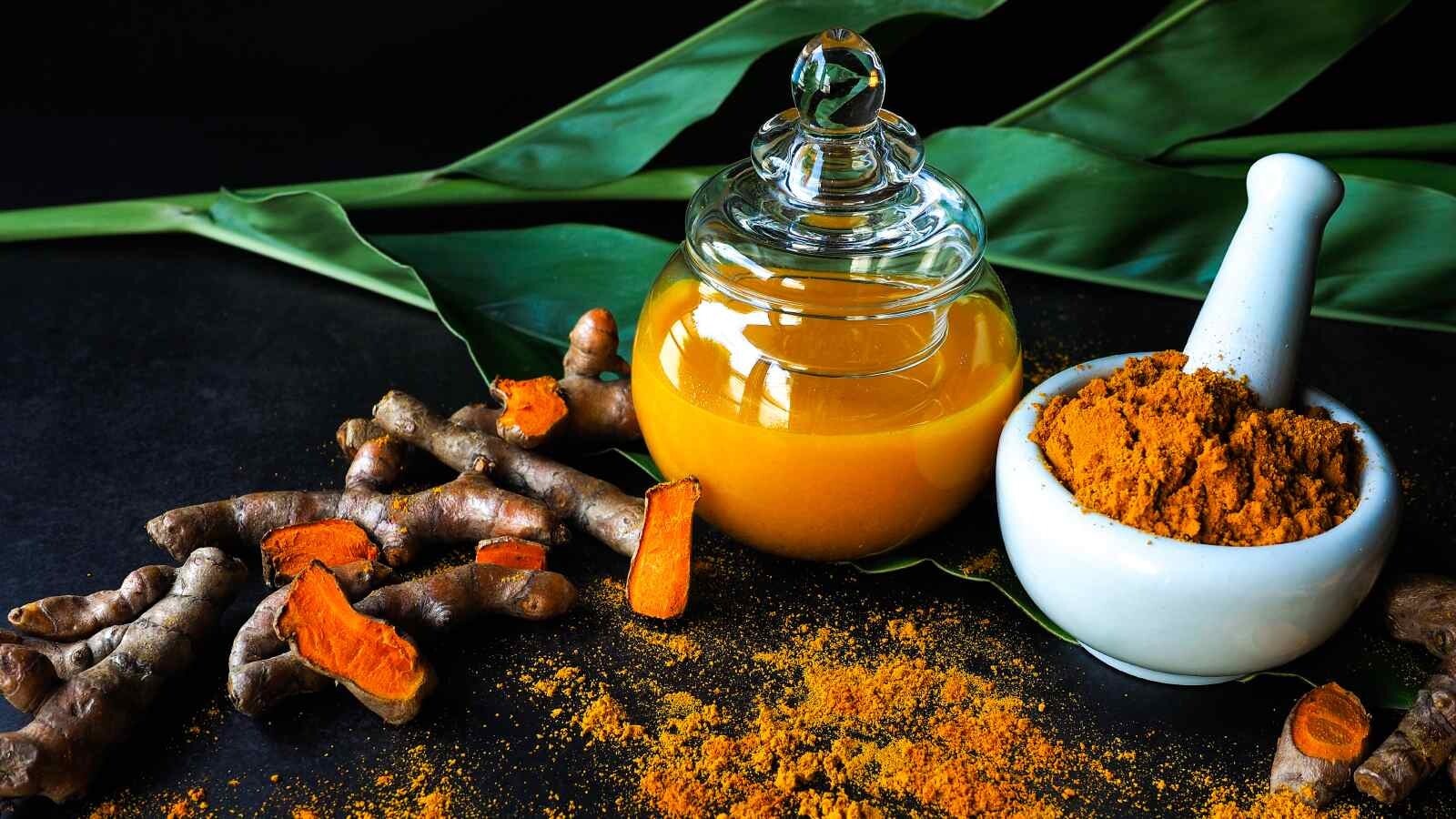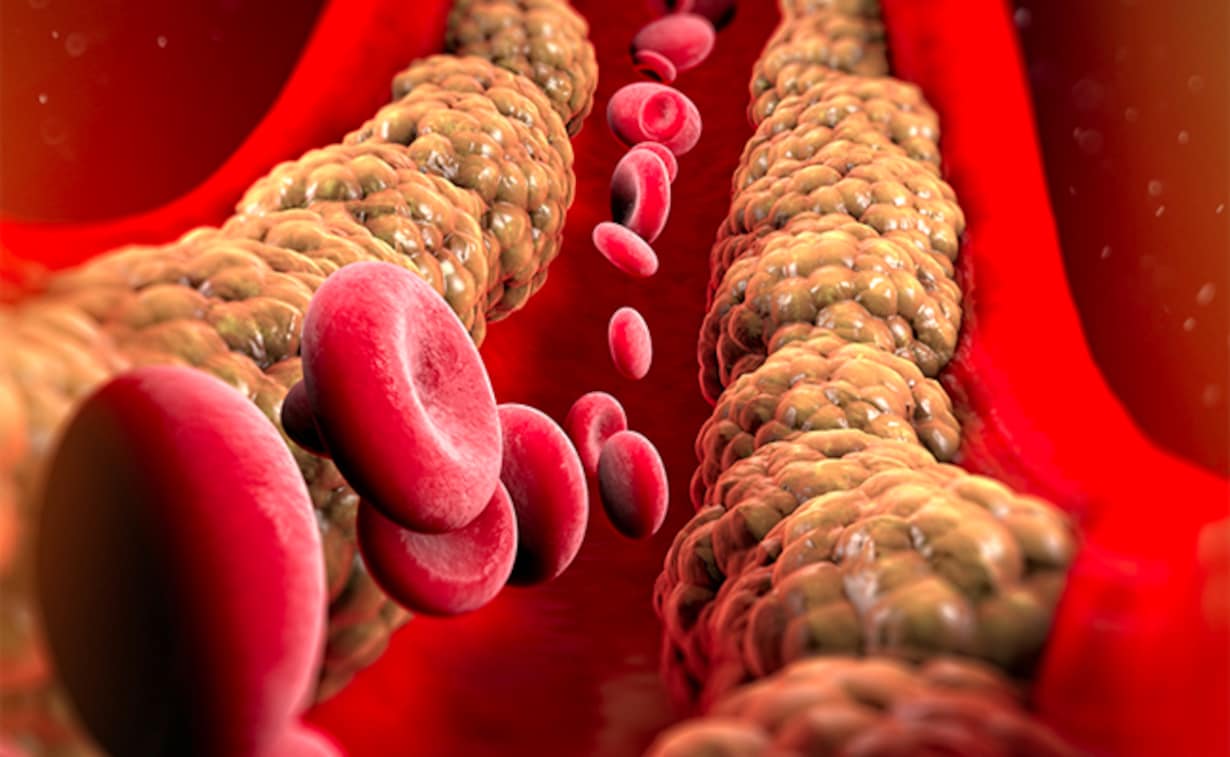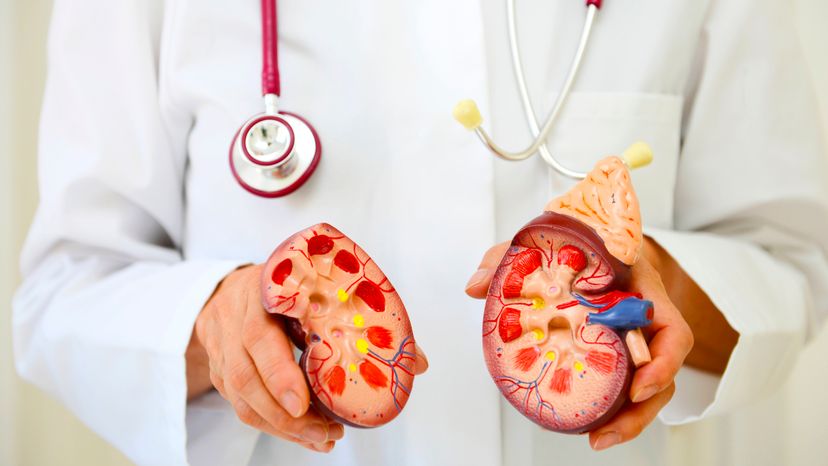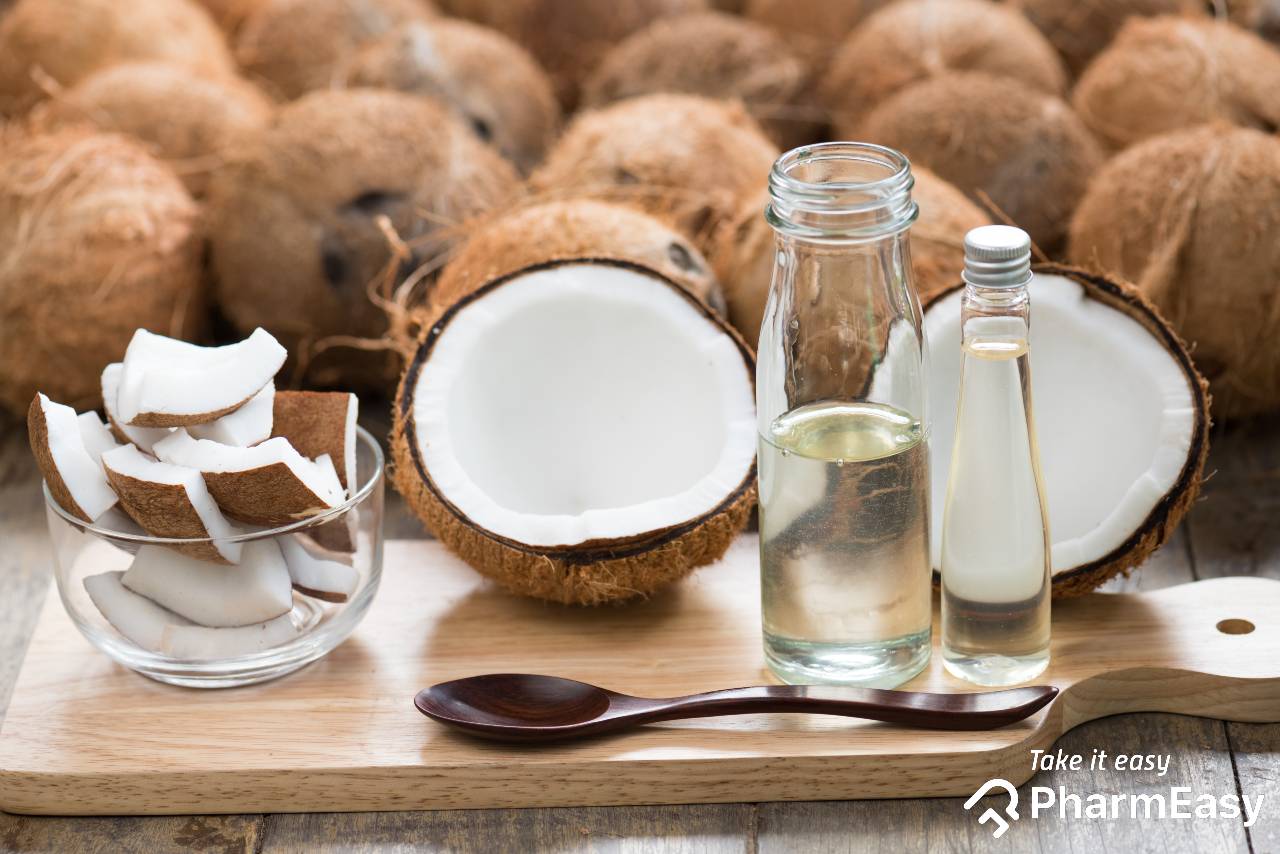
Top 11 Health Benefits Of Turmeric
Turmeric This bright yellow-orange spice, which is related to ginger, is commonly used in Indian, Southeast Asian, and Middle Eastern cuisine. It has also been used as medicine in locations like India for ages to cure ailments like breathing problems. Turmeric has recently been promoted as a superfood capable of fighting cancer, alleviating depression, and other health benefits. Learn what turmeric can and cannot do for your health. Depression Several chemicals found in turmeric may benefit your health. Curcumin is the best-known of them. Scientists are optimistic about curcumin’s ability to alleviate depression and improve the efficacy of antidepressants. However, so far, research findings have been mixed. Type 2 diabetes Curcumin may be an effective tool for preventing or treating type 2 diabetes since it can help fight inflammation and maintain stable blood sugar levels. One research of 240 persons with prediabetes found that taking a curcumin pill for 9 months reduced their risk of developing diabetes. Research is ongoing, although most of the research so far have focused on animals rather than humans. Viral infections The next time you’re feeling under the weather, try some turmeric tea. Curcumin may help you fight off a number of illnesses, including herpes and the flu. (However, the majority of the research on this was conducted in a laboratory rather than on humans.) Keep in mind that turmeric contains just approximately 3% curcumin, and your body does not absorb curcumin well, so a cup of tea won’t suffice. Premenstrual syndrome A recent study that tracked women for three menstrual cycles in a row discovered that curcumin supplementation alleviated PMS symptoms. A study of guinea pig and rat muscles reveals that turmeric may also help with menstrual cramps. High cholesterol The evidence on turmeric’s capacity to protect your heart has been conflicting. Some studies revealed that turmeric can lower LDL “bad” cholesterol, while others found that it has no impact. Scientists continue to investigate turmeric’s potential heart-protective properties. One tiny study discovered that turmeric can help prevent heart attacks in adults who have had bypass surgery. Alzheimer’s Disease People with Alzheimer’s disease experience chronic inflammation, and turmeric appears to have natural anti-inflammatory properties. So, does turmeric fight Alzheimer’s? Sorry, but there is currently no strong scientific proof that taking turmeric can help prevent the disease. Arthritis Turmeric has showed potential in treating joint pain, stiffness, and inflammation. However, additional research is needed before turmeric is widely used as an arthritis treatment. If you decide to try it for joint pain, make sure your body absorbs natural curcumin by eating turmeric with black pepper. Cancer Turmeric has been shown in lab and animal tests to inhibit tumor cell development, improve the function of detoxification enzymes, and other benefits. What these studies cannot tell us is what happens in the human body when someone consumes turmeric. In addition, turmeric may interact with several chemotherapy medicines. Irritable Bowel Syndrome Early studies, including a pilot trial of 207 individuals and another with animals, suggests that turmeric may help alleviate IBS symptoms such as stomach pain. More investigation is required, as has been the case with many of the topics discussed here. Turmeric is also being investigated as a therapy for disorders such as Crohn’s and ulcerative colitis. Headaches Since its related ginger is a well-known natural headache medicine, it’s no surprise that turmeric is often recommended as a headache therapy, particularly for migraines. Although many individuals praise turmeric online, there is little scientific evidence that it can treat or prevent headaches, however one study suggests it could be part of a new approach. Acne Some people believe that applying a turmeric mask to their skin or consuming turmeric may help them combat stubborn pimples, possibly due to the spice’s reputed antibacterial and anti-inflammatory effects. Unfortunately, there is no strong science to support this claim.








